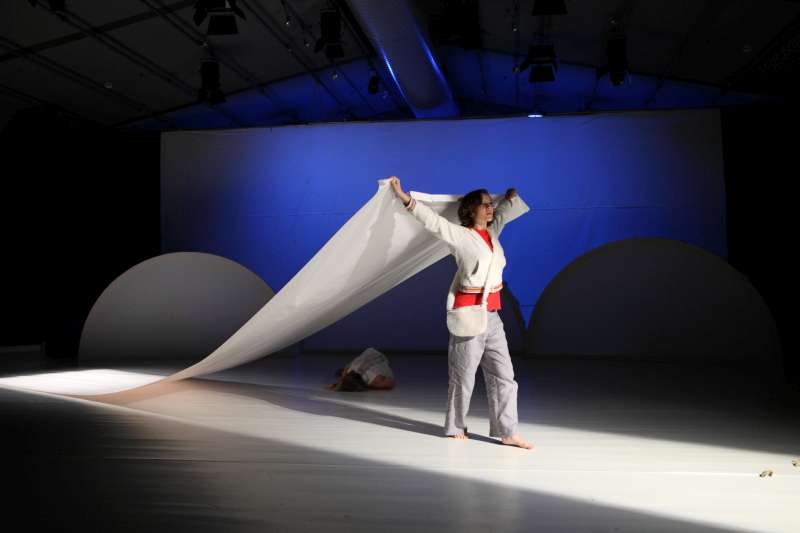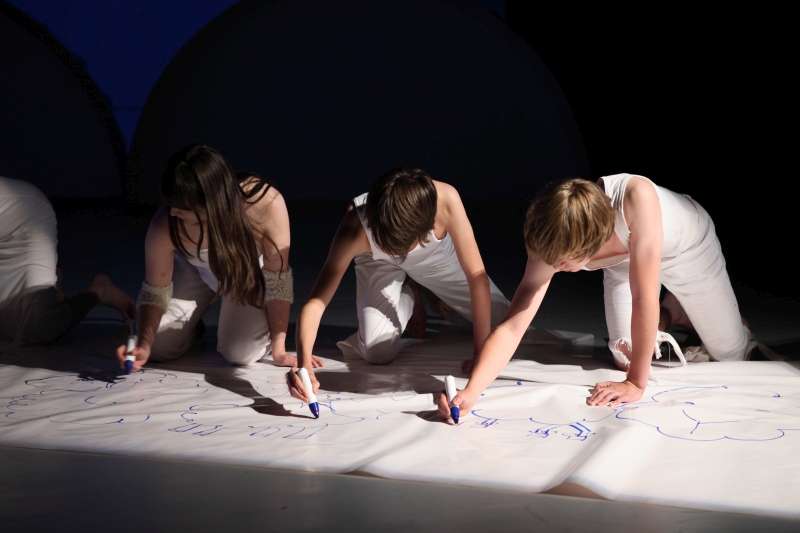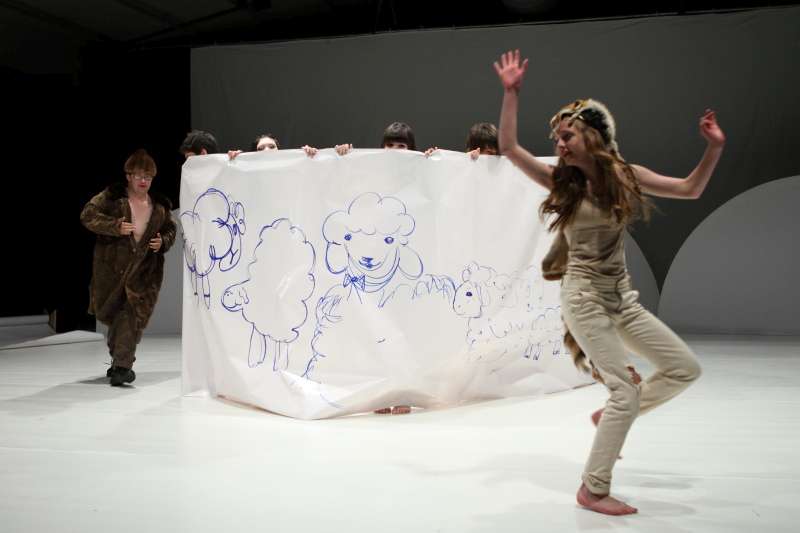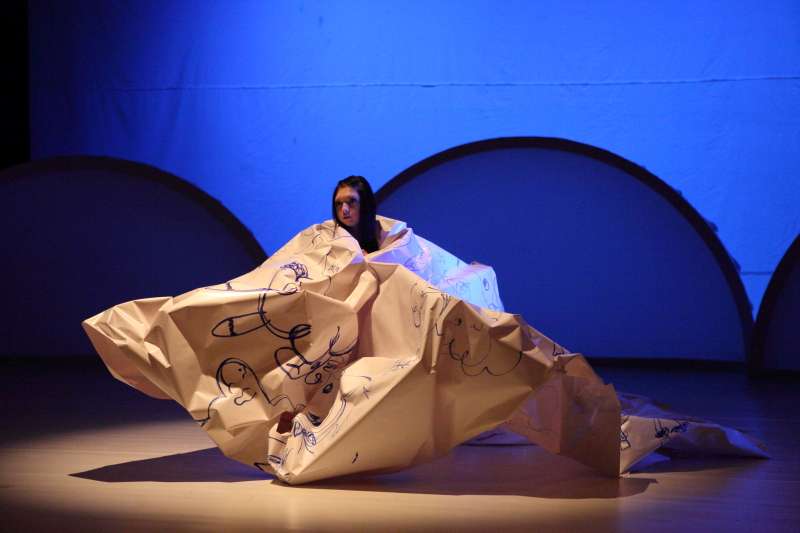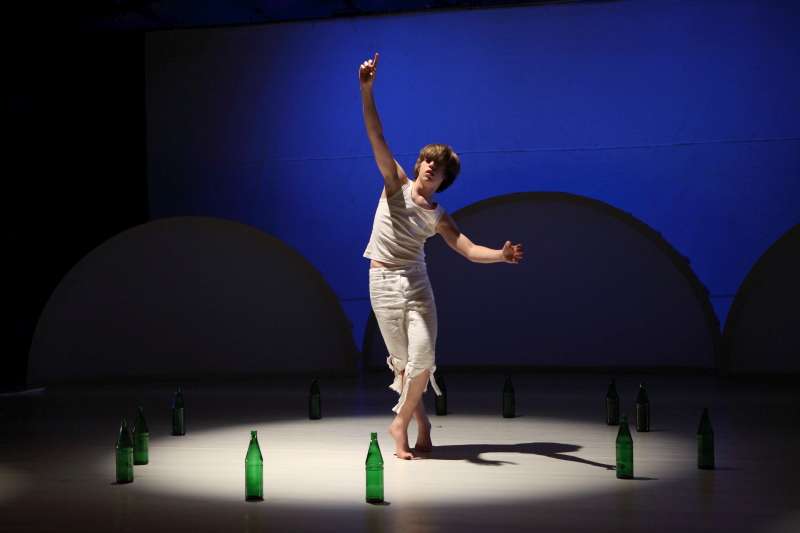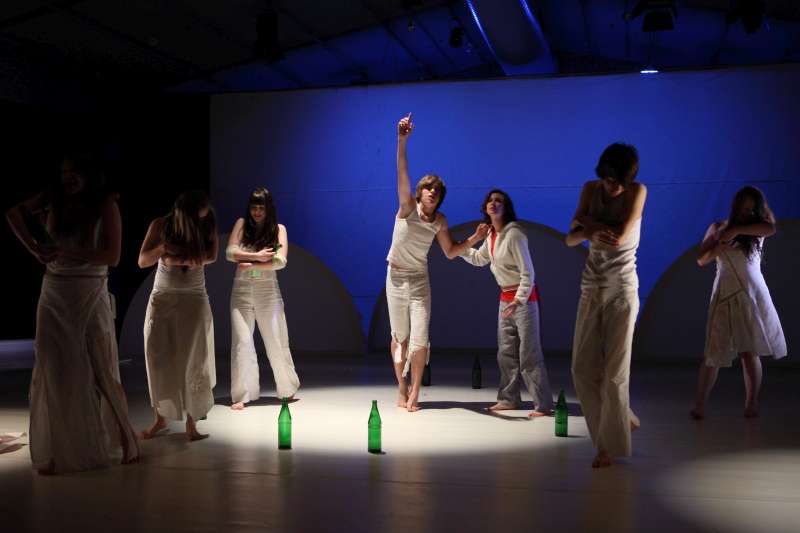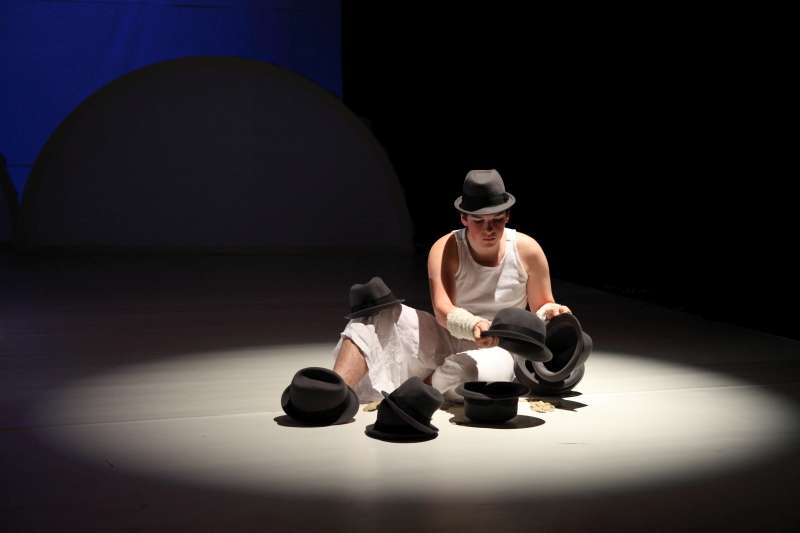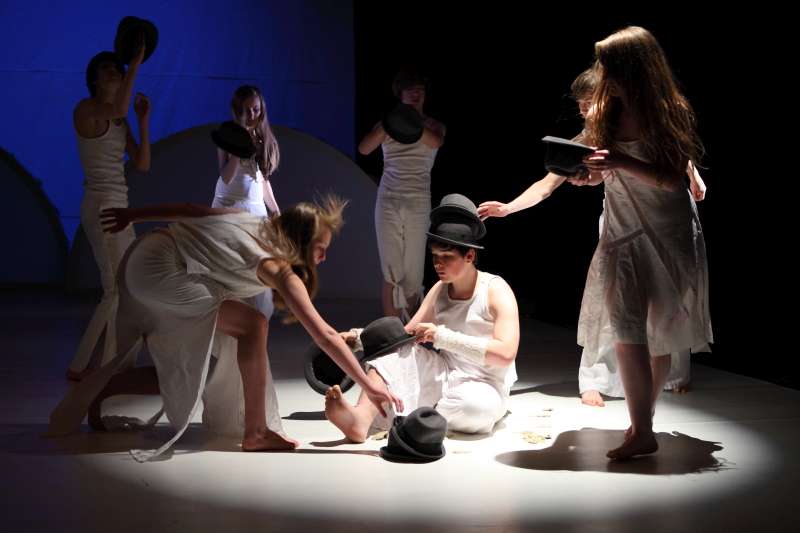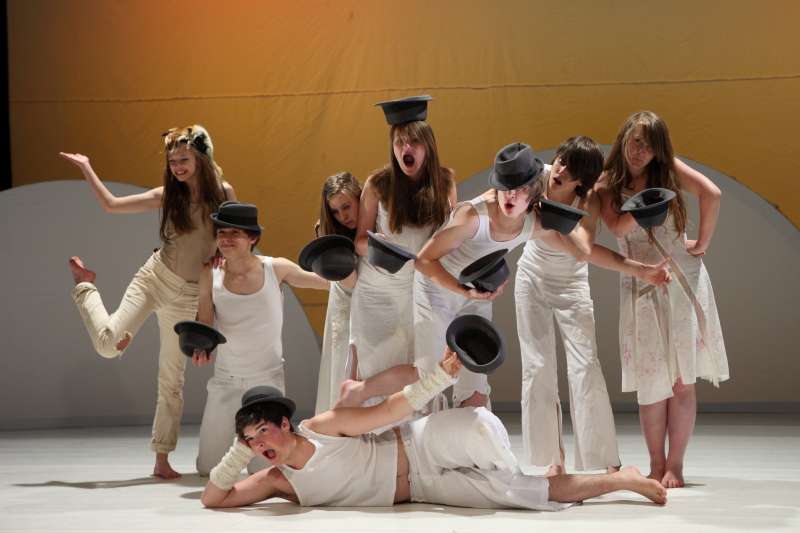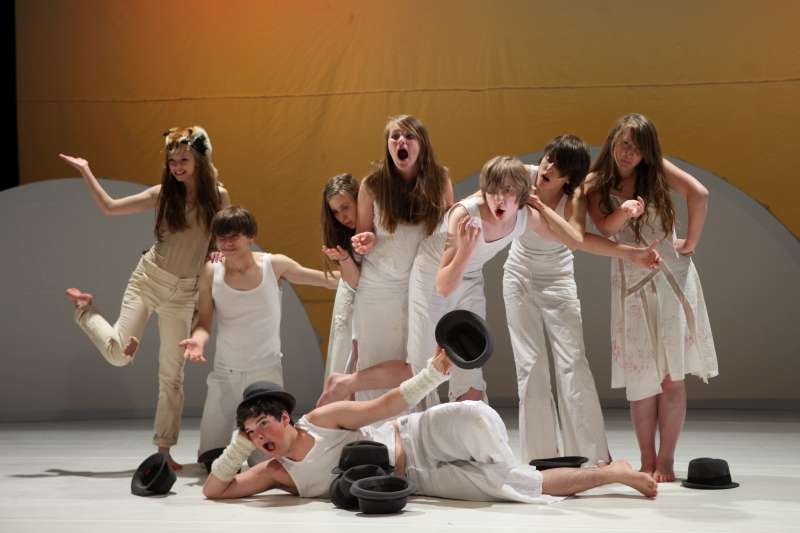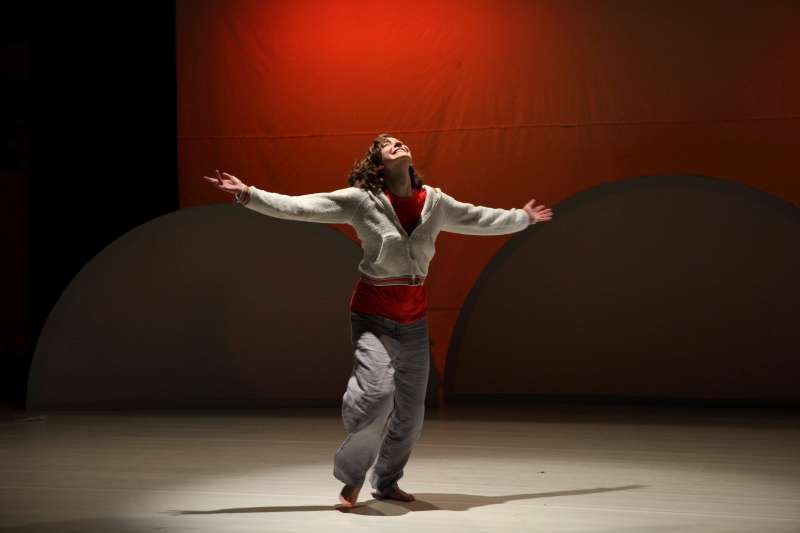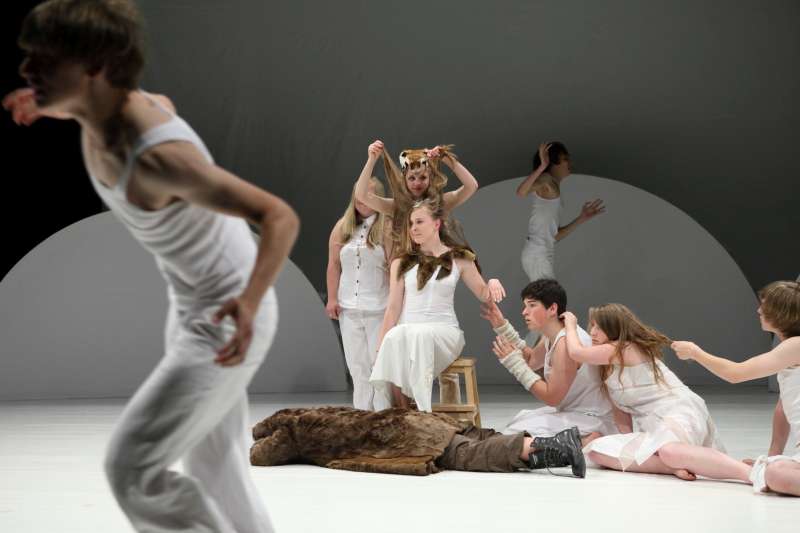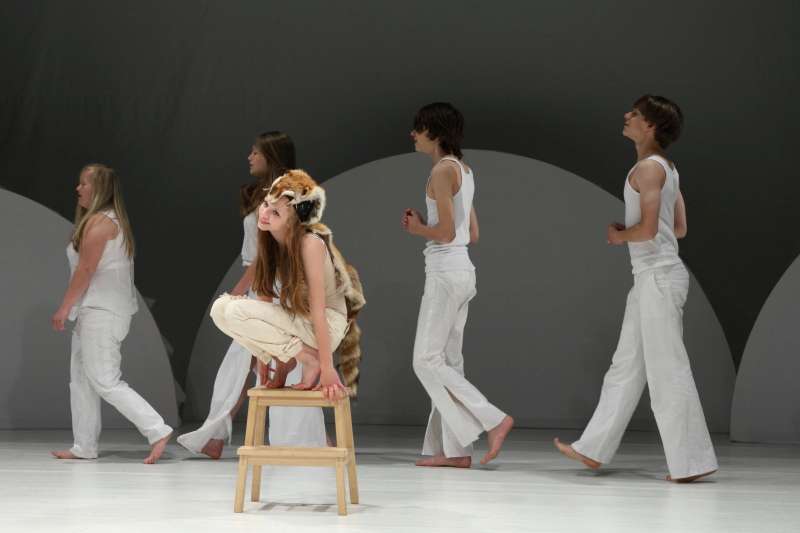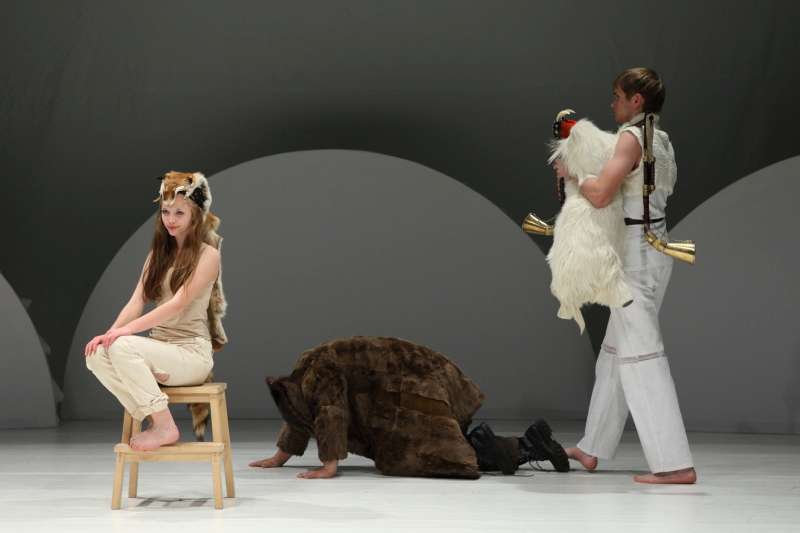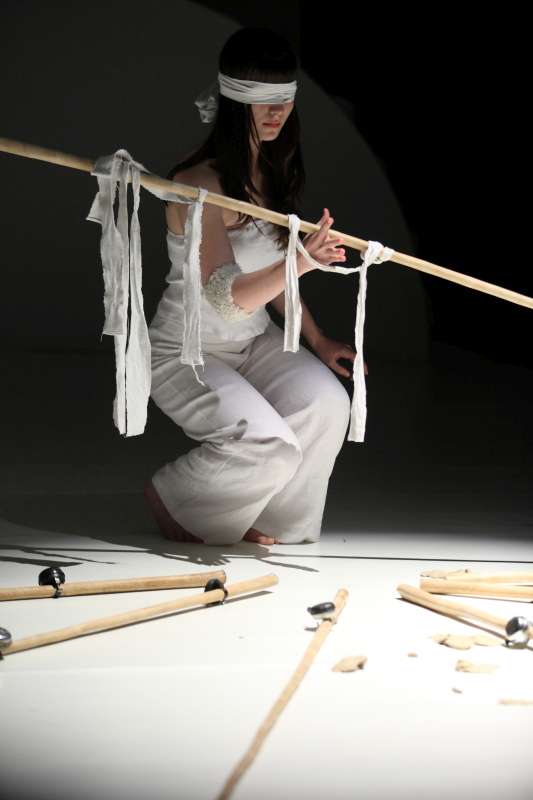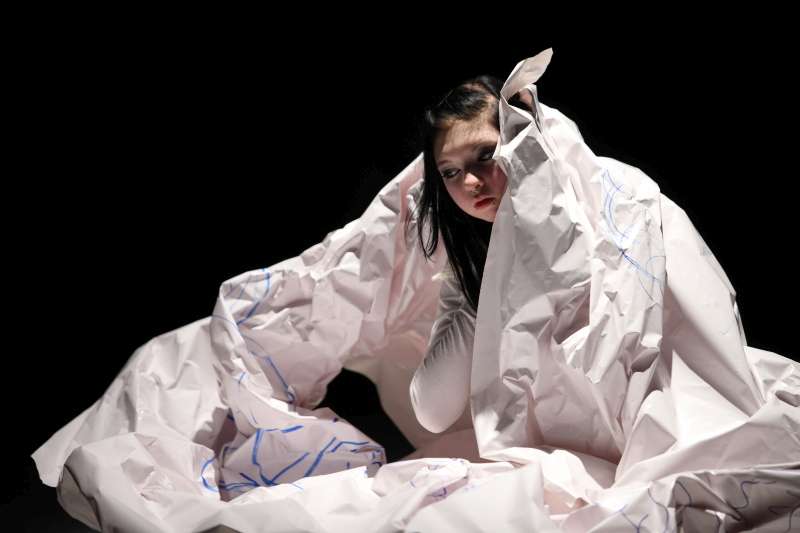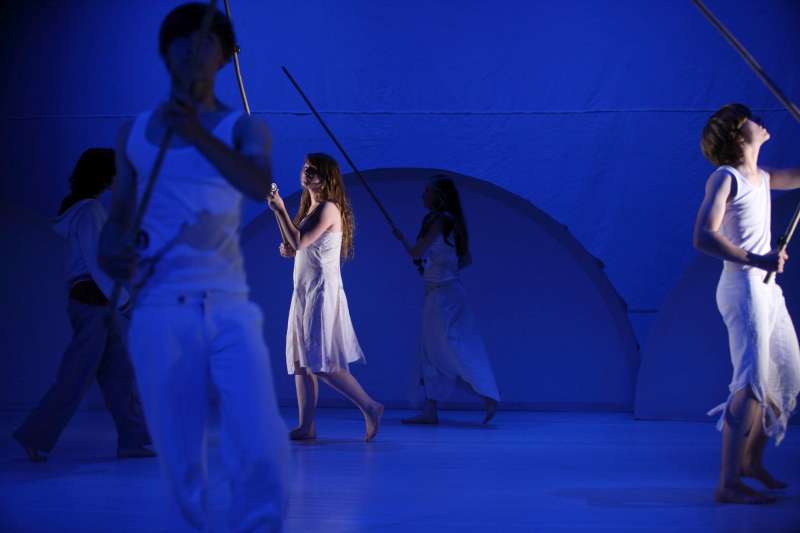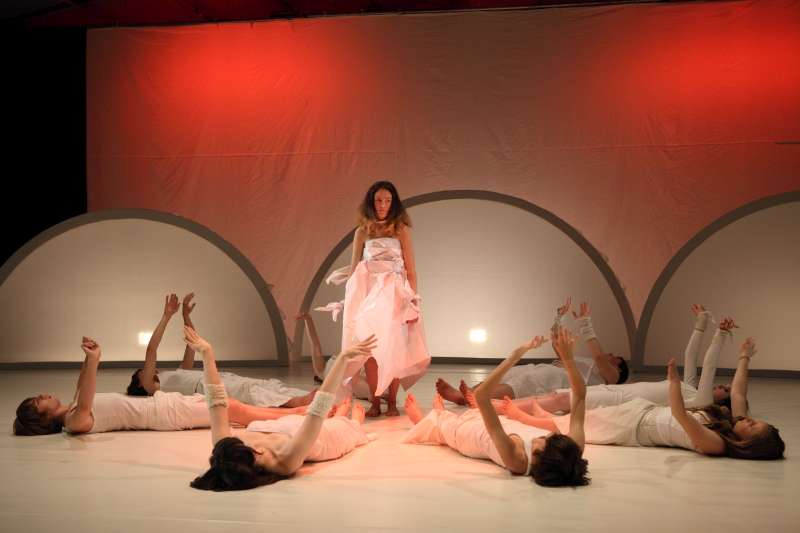Our new Old Brewery New Dance for Children proposal is a very special performance and the first time ever we are inviting our audience to see a show created by adolescents. By staging the Polish/German project Der kleine Prinz – Mały Książę (The Little Prince) in Poznań we wish to show the interesting effects of choreographic work and creative experiments with young people. The ingenious flexibility of movement and the surprising form and content of an encounter between young actors from Germany and Poland create the essence of captivating theatre and its explorations – also in the field of contemporary dance. The great inventiveness of the Polish and German artists involved in the project, their extremely professional approach to young people and people with disabilities, as well as the inclusion in the show of issues pertaining to being different, has produced a beautiful and profound performance for young viewers. Its aesthetics can be compared to the theatre of the brilliant director and genius of artistic images, Robert Wilson.
Der kleine Prinz – the Little Prince: German/Polish integration project
Am I a prince or a fox? Who am I important to? How do I want to live? What is important to me? Where is my planet? In an attempt to find answers to these questions, a group of young people from the Polish town of Zbąszyń and members of the youth ensemble spinaTheater of Solingen, Germany (under the professional artistic supervision of Polish-born, Berlin-based director Olek Witt, in collaboration with choreographers Ewa Świtoń of Ruda Śląska, Poland and Julia Anne Steinhardt of Solingen, supported by several other artists) spent the summer of 2011 working on a project based on Antoine de Saint-Exupéry’s novel, The Little Prince. spinaTheater is known for its critical and involved expression of political and social opinions on issues pertaining to the scope of interest of young people. The group’s productions never avail of static or closed texts. Instead, the young actors, based on a specific theme, create their own plays using their own points of view. The same approach is used in relation to the subject matter and concepts included in The Little Prince. The young members of spinaTheater, together with their colleagues from Poland, wanted to find answers to questions they find important. What ‘planet’ does today’s youth live on? Who is the fox they can tame? For which Rose will they be forever? The effect is an intriguing image of contemporary adolescents’ needs and doubts, in addition to being an interesting interpretation of Saint-Exupéry’s text that appeals to viewers of all ages.
How the performance was produced
In the first stage of production young people from Poland and Germany, including a group of disabled persons, met in Zbąszyń where they spent two weeks in a workshop investigating the space of expression for their interests and aptitudes, in addition to studying the subject matter of the performance through discussions, role playing and improvisation. The diversity of perceptions, stances and dramatic skills served as a starting point for working together. As the project progressed, language, life standard and nationality became rather an enhancement than an obstacle. Apart from rehearsing, the young actors saw the local sites and attended events organised for them to get to know one another better. After a week’s interval the workshop was continued in Solingen where, until the night of the première, they rehearsed intensively to build specific scenes upon initial ideas and improvisation. This was also the stage when costumes, props, lighting and sound were designed to create a backdrop for a show developed according to the young artists’ ideas.
